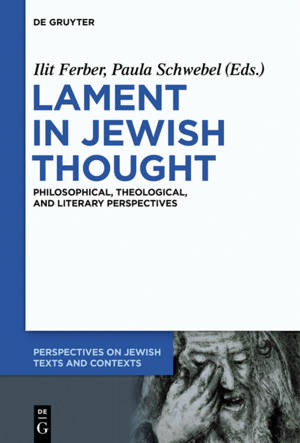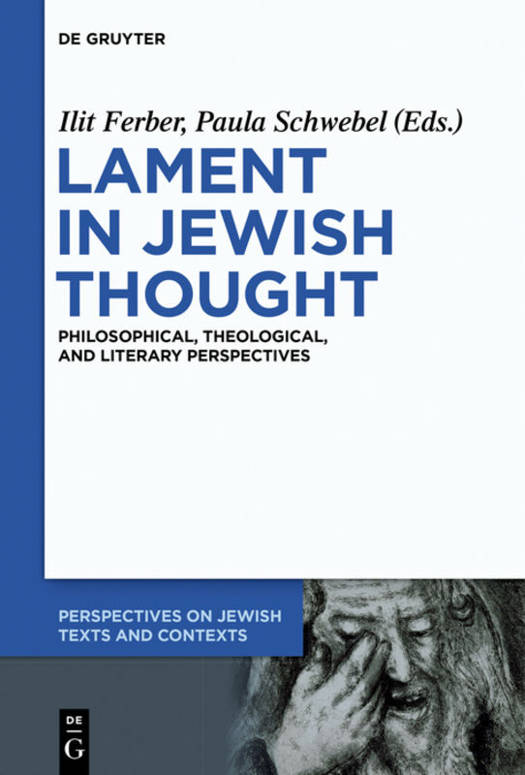
- Retrait gratuit dans votre magasin Club
- 7.000.000 titres dans notre catalogue
- Payer en toute sécurité
- Toujours un magasin près de chez vous
- Retrait gratuit dans votre magasin Club
- 7.000.000 titres dans notre catalogue
- Payer en toute sécurité
- Toujours un magasin près de chez vous
Lament in Jewish Thought
Philosophical, Theological, and Literary Perspectives
Description
Lament, mourning, and the transmissibility of a tradition in the aftermath of destruction are prominent themes in Jewish thought. The corpus of lament literature, building upon and transforming the biblical Book of Lamentations, provides a unique lens for thinking about the relationships between destruction and renewal, mourning and remembrance, loss and redemption, expression and the inexpressible.
This anthology features four texts by Gershom Scholem on lament, translated here for the first time into English. The volume also includes original essays by leading scholars, which interpret Scholem's texts and situate them in relation to other Weimar-era Jewish thinkers, including Walter Benjamin, Franz Rosenzweig, Franz Kafka, and Paul Celan, who drew on the textual traditions of lament to respond to the destruction and upheavals of the early twentieth century. Also included are studies on the textual tradition of lament in Judaism, from biblical, rabbinic, and medieval lamentations to contemporary Yemenite women's laments.
This collection, unified by its strong thematic focus on lament, shows the fruitfulness of studying contemporary and modern texts alongside the traditional textual sources that informed them.
Spécifications
Parties prenantes
- Editeur:
Contenu
- Nombre de pages :
- 370
- Langue:
- Anglais
- Collection :
- Tome:
- n° 2
Caractéristiques
- EAN:
- 9783110333824
- Date de parution :
- 29-09-14
- Format:
- Livre relié
- Format numérique:
- Genaaid
- Dimensions :
- 156 mm x 234 mm
- Poids :
- 693 g






